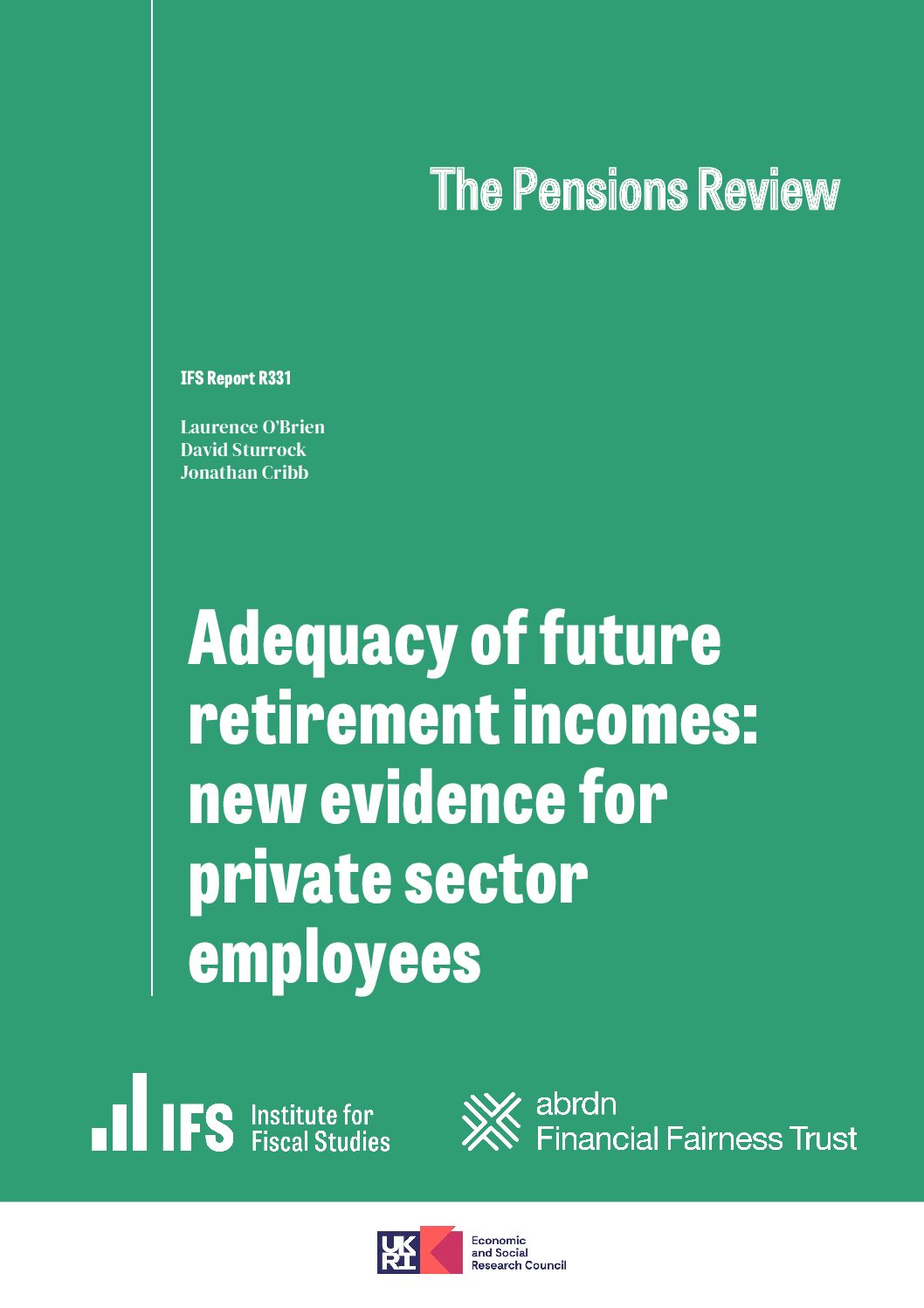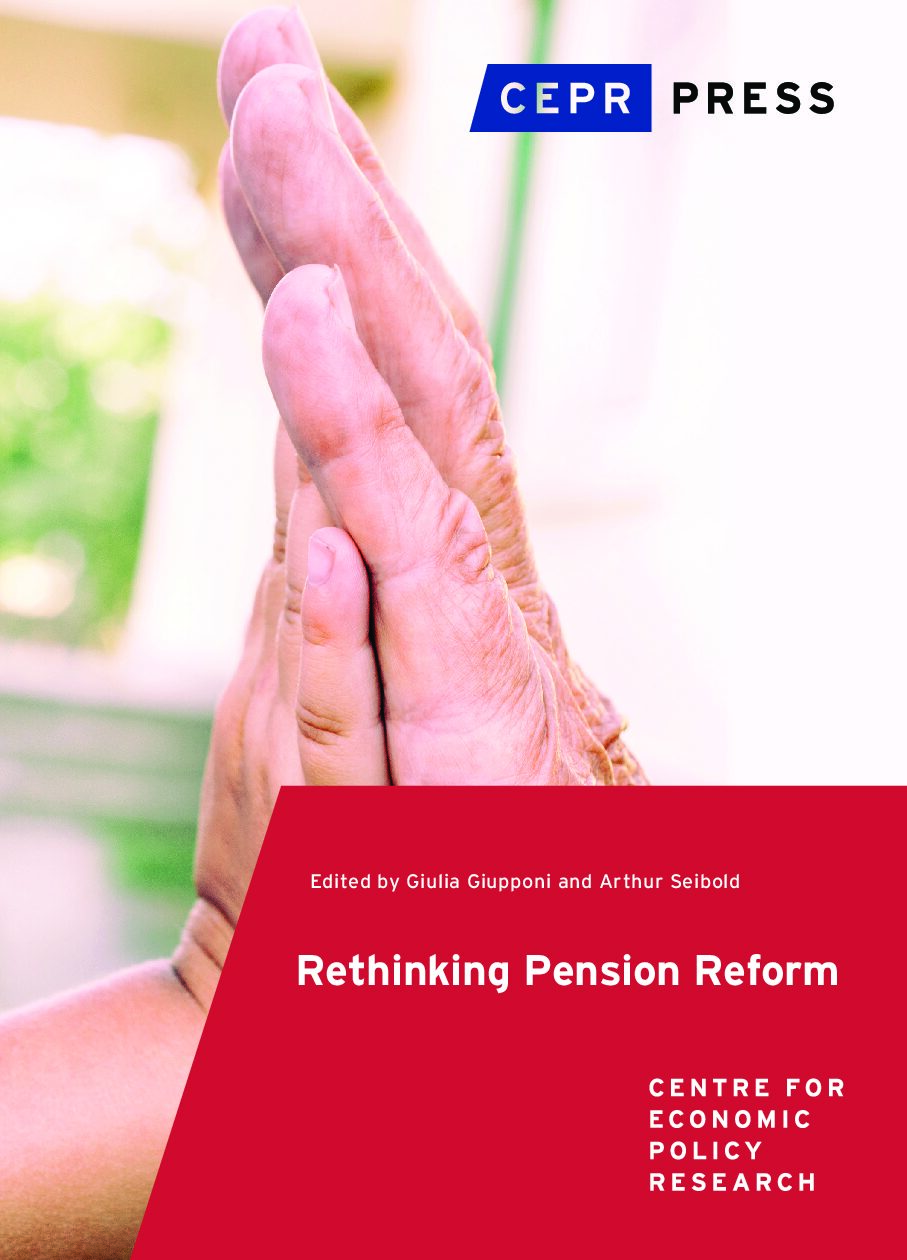Shrouded costs of government: The political economy of state and local public pensions
By Edward L. Glaeser, Giacomo A M Ponzetto
Why do public-sector workers receive so much of their compensation in the form of pensions and other benefits? This paper presents a political economy model in which politicians compete for taxpayers’ and government employees’ votes by promising compensation packages, but some voters cannot evaluate every aspect of promised compensation. If pension packages are “shrouded,” so that public-sector workers better understand their value than ordinary taxpayers, then compensation will be highly back-loaded. In equilibrium, the welfare of public-sector workers could be improved, holding total public-sector costs constant, if they received higher wages and lower pensions. Centralizing pension determination has two offsetting effects on generosity: more state-level media attention helps taxpayers better understand pension costs, and that reduces pension generosity; but a larger share of public-sector workers will vote within the jurisdiction, which increases pension generosity. A short discussion of pensions in two decentralized states (California and Pennsylvania) and two centralized states (Massachusetts and Ohio) suggests that centralization appears to have modestly reduced pensions, but, as the model suggests, this is unlikely to be universal.










